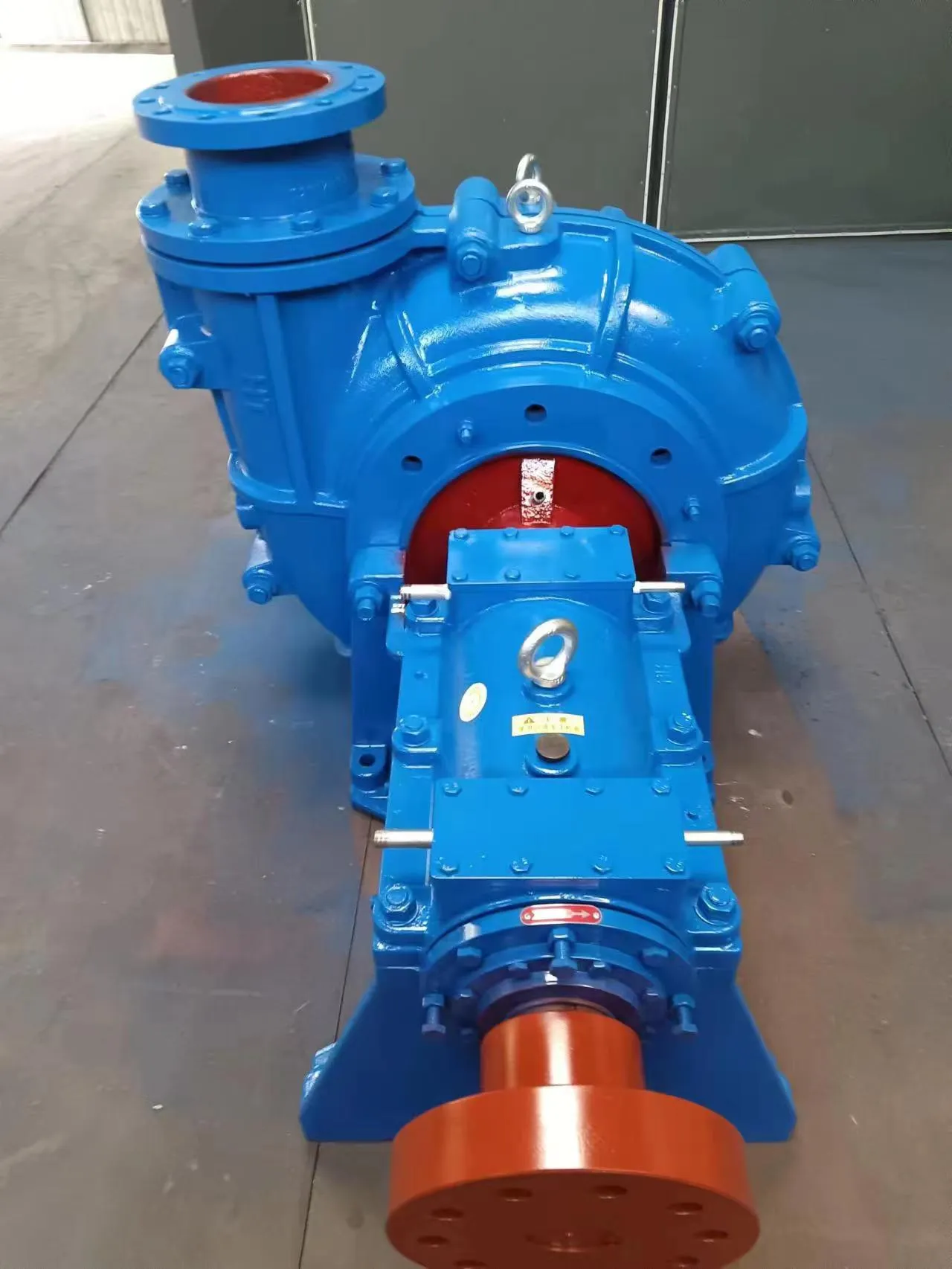Croatian
- Afrikaans
- Albanian
- Amharic
- Arabic
- Armenian
- Azerbaijani
- Basque
- Belarusian
- Bengali
- Bosnian
- Bulgarian
- Catalan
- Cebuano
- Corsican
- Croatian
- Czech
- Danish
- Dutch
- English
- Esperanto
- Estonian
- Finnish
- French
- Frisian
- Galician
- Georgian
- German
- Greek
- Gujarati
- Haitian Creole
- hausa
- hawaiian
- Hebrew
- Hindi
- Miao
- Hungarian
- Icelandic
- igbo
- Indonesian
- irish
- Italian
- Japanese
- Javanese
- Kannada
- kazakh
- Khmer
- Rwandese
- Korean
- Kurdish
- Kyrgyz
- Lao
- Latin
- Latvian
- Lithuanian
- Luxembourgish
- Macedonian
- Malgashi
- Malay
- Malayalam
- Maltese
- Maori
- Marathi
- Mongolian
- Myanmar
- Nepali
- Norwegian
- Norwegian
- Occitan
- Pashto
- Persian
- Polish
- Portuguese
- Punjabi
- Romanian
- Russian
- Samoan
- Scottish Gaelic
- Serbian
- Sesotho
- Shona
- Sindhi
- Sinhala
- Slovak
- Slovenian
- Somali
- Spanish
- Sundanese
- Swahili
- Swedish
- Tagalog
- Tajik
- Tamil
- Tatar
- Telugu
- Thai
- Turkish
- Turkmen
- Ukrainian
- Urdu
- Uighur
- Uzbek
- Vietnamese
- Welsh
- Bantu
- Yiddish
- Yoruba
- Zulu
Telephone: +86 13120555503
Email: frank@cypump.com
pro . 31, 2024 15:02 Back to list
High-Performance Submersible Water Pumps for Commercial Applications and Industrial Use
Understanding Commercial Submersible Water Pumps
In the realm of water management and fluid transfer, commercial submersible water pumps play a crucial role across various industries. These industrial-grade pumps are designed to operate while submerged in water or other liquids, making them ideal for a range of applications including dewatering, irrigation, and sewage management. By exploring their functionality, benefits, and applications, we can grasp the significance of these pumps in today's commercial landscape.
What Are Commercial Submersible Water Pumps?
Submersible pumps are electric pumps used to move fluids from below the surface level. Unlike standard pumps, which are installed above ground and rely on suction to draw water up, submersible pumps are submerged directly into the fluid being pumped. This allows them to push the water to the surface rather than pulling it, resulting in improved efficiency and effectiveness.
Typically, a submersible pump consists of a motor, a pump casing, and an impeller. The motor is hermetically sealed inside the pump casing to prevent water from entering, and the impeller rotates to generate the necessary pressure to transport the liquid. These pumps come in various sizes and capacities to accommodate different needs, making them a versatile option for commercial use.
Key Benefits of Submersible Water Pumps
1. Efficiency One of the main advantages of submersible pumps is their efficiency. By being fully submerged, they experience less resistance and can, therefore, move more fluid with less energy compared to traditional above-ground pumps.
2. Space-Saving Design Submersible pumps are compact and can be utilized in confined spaces. This is particularly beneficial for construction sites or areas with limited access, where traditional pumping systems may not be feasible.
3. Noise Reduction Since the pump is submerged within the liquid, it operates more quietly than surface pumps. This feature is highly advantageous in urban areas or locations where noise control is a priority.
4. Versatility These pumps can handle a wide range of liquids, including water, sewage, and other chemicals, depending on the materials used in their construction. This versatility makes them suitable for various industries such as agriculture, construction, and wastewater management.
commercial submersible water pump

5. Automatic Operation Many modern submersible pumps come equipped with automatic controls, enabling them to operate without manual intervention. This feature not only enhances convenience but also improves efficiency by operating only when needed.
Applications of Commercial Submersible Water Pumps
1. Construction These pumps are essential for dewatering construction sites, ensuring that work can proceed safely and without interruption. They are capable of removing water from trenches, foundations, and other excavations.
2. Wastewater Management In municipal systems, submersible pumps are crucial for transporting sewage and wastewater to treatment facilities. Their ability to handle solids and debris makes them ideal for these applications.
3. Irrigation Farmers and agricultural businesses utilize submersible pumps to supply irrigation systems, ensuring crops receive adequate water. They are effective for deep well irrigation and can be adapted to various scales.
4. Flood Control In flood-prone areas, submersible pumps can be deployed to manage excess water and mitigate damage. Their ability to quickly evacuate large volumes of water is indispensable during emergency situations.
5. Industrial Processes Many factories and manufacturing facilities use submersible pumps for various processes, including cooling, chemical transfer, and slurry handling.
Conclusion
Commercial submersible water pumps are indispensable tools that enhance water management across multiple sectors. Their efficiency, versatility, and compact design position them as preferred solutions for pumping needs in construction, agriculture, wastewater management, and beyond. As technology evolves, these pumps continue to incorporate advanced features, ensuring that they remain at the forefront of fluid dynamics. For businesses looking to optimize their water transfer processes, investing in a commercial submersible water pump is a wise and strategic choice.
-
Advanced Flue Gas Desulfurization Pump with GPT-4 Turbo | Durable & Efficient
NewsJul.31,2025
-
ISG Series Vertical Pipeline Pump - Chi Yuan Pumps | Advanced Hydraulic Design&Durable Construction
NewsJul.31,2025
-
ISG Series Vertical Pipeline Pump - Chi Yuan Pumps | Energy Efficient & Low Noise
NewsJul.31,2025
-
pipeline pump - Chi Yuan Pumps Co., LTD.|High Efficiency&Low Noise
NewsJul.31,2025
-
ISG Series Vertical Pipeline Pump - Chi Yuan Pumps Co., LTD.|High Efficiency, Energy Saving, Low Noise
NewsJul.30,2025
-
ISG Series Vertical Pipeline Pump- Chi Yuan Pumps|High Efficiency&Low Noise
NewsJul.30,2025










